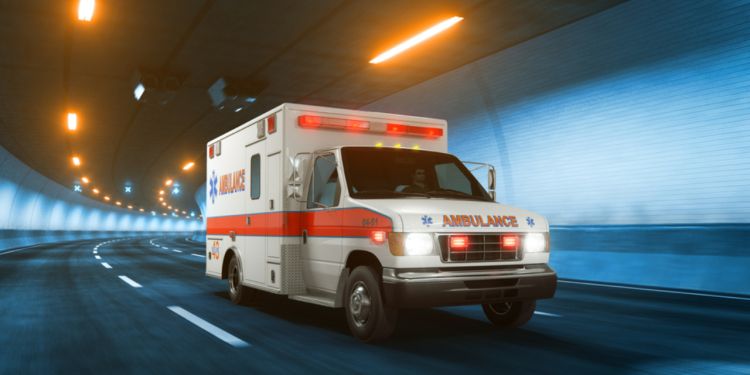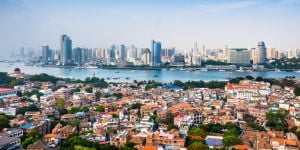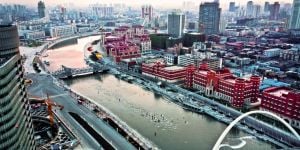
China is generally a very safe country to travel to. Most expats living in China don't have to worry about violent crime or burglaries. However, there are other things to take into account, such as air pollution, traffic accidents, food and water safety — and more.
Is China safe for expats?
According to official statistics, the level of violent crime in China is very low. In fact, it is often quoted that the number of criminal offenses in China is one-fifth of that in the United States.
While this data is generally difficult to verify, you will indeed be very safe as an expat in China. As long as you follow general precautions and don't violate local laws, your chances of being a victim of violent crime are very low.
There are still things you should watch out for when living in China. Pickpocketing and theft do happen a lot, and you are strongly advised to always keep an eye on your possessions and never leave them unattended.
Health hazards in China
Following the COVID-19 pandemic, a lot of concerns have been raised regarding viral infections in China. Since the breakout of COVID-19, the country has introduced a strict “zero COVID” policy, which makes current travel to the country very complicated. Different cities in China are also often out on lockdowns to prevent the spread of COVID-19. While a lot of measures are in place to cube the spread of the virus, it is still advised to take all the WHO-recommended precautions when traveling to the country.
Important:
Make sure you have valid health insurance that covers COVID-19 when traveling to China.
Driving safety in China
It may take some time to get used to the driving style in China. Traffic, especially in busy areas, can get hectic — and traffic rules are often overlooked. This is why newcomers are often recommended to take public transportation, taxis, or hire a car with a driver during their first several months in China. If you feel that you are ready to drive, make sure to give yourself some time to adjust to the new driving manner and do your best to stay calm and focused on the road.
Air pollution in China
Another thing you should consider before your move is the level of air pollution in some cities in China. In urban centers like Beijing and Shanghai, as well as industrial areas, the smog can get quite overwhelming. China's particulate pollution is four times the WHO guideline, and it is ranked as the tenth most polluted country in the world. The level of air pollution is not the same across the country, and some cities, especially in southern and coastal areas, are known for better environmental conditions.
Food safety in China
Chinese cuisine is world-famous. However, before you dig into the juicy dumplings and savory noodles, you need to be aware of some food safety issues in China. In an attempt to cut costs, some food manufacturers and restaurant owners in China use low-quality ingredients and questionable additives. Some of the “loudest” food scandals in China involved baby formula that contained melamine, fake rice, gutter oil (reused cooking oil), excessive use of MSG (monosodium glutamate), and others.
To avoid buying low-quality food products, try to do your grocery shopping at large Chinese or international supermarkets. If you are a fan of street food, you can ask the vendor not to add MSG to your dish. You can say something as simple as “by yao weijng”. In some cities, you will also see good safety ratings for restaurants and street food stalls — these look like smiley faces and range from A to B (A being the best safety rating).
Emergency numbers in China
Here are the key emergency numbers in China
Police: 110
Ambulance: 120
Fire: 119
Traffic Police: 122
If you don't speak Chinese, any emergency: 6525 5486
Note that when you call the police, firefighters, or an ambulance in China, there is very little chance that the operator will speak English. This is why it's best to have a Chinese speaker help you when making the call. Also, when talking to the emergency operator, make sure to explain the nature of your emergency and your current location.
We do our best to provide accurate and up to date information. However, if you have noticed any inaccuracies in this article, please let us know in the comments section below.











